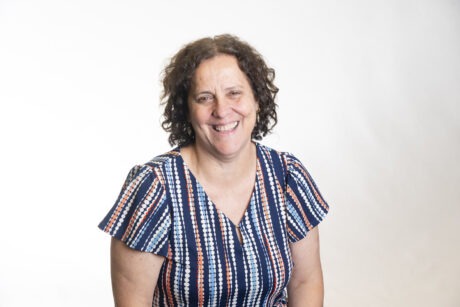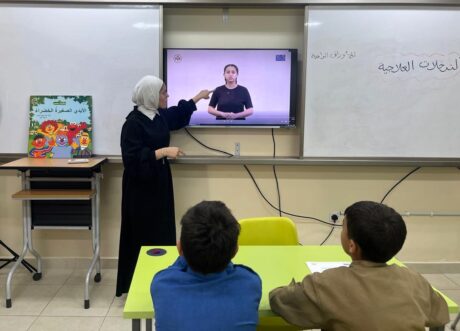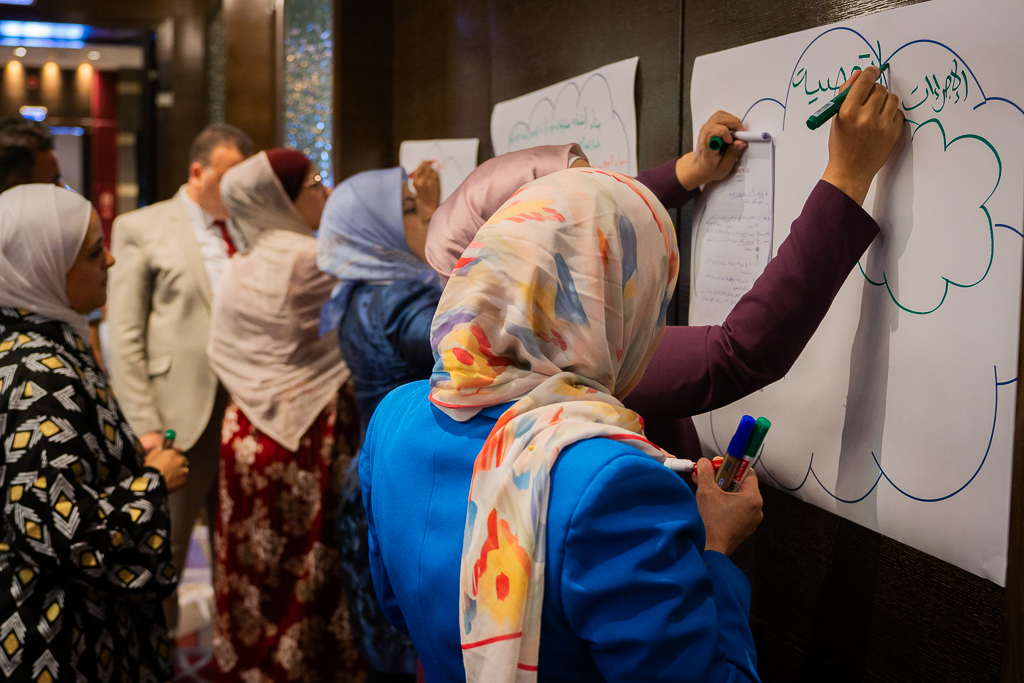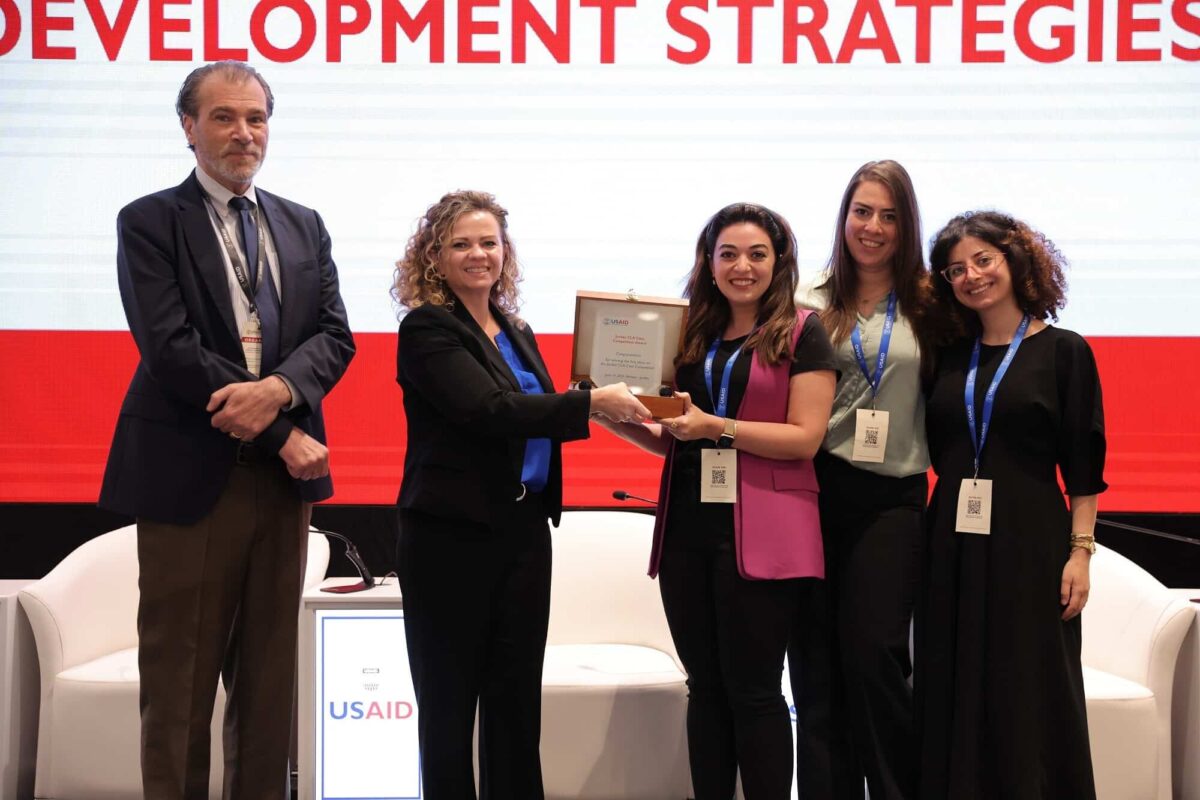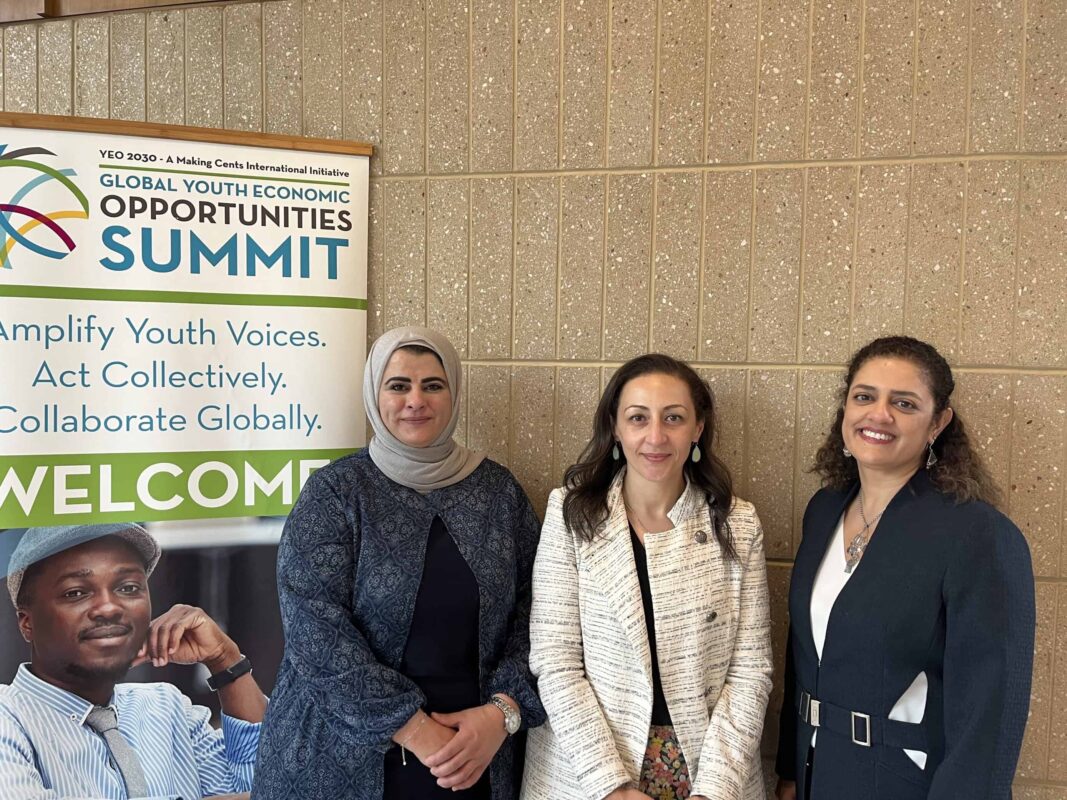Social and Emotional Learning (SEL) is gaining momentum in global education initiatives and programs, particularly in regions grappling with instability and conflict. SEL emphasizes non-academic learning outcomes, fostering holistic growth for students. While its critical significance is widely acknowledged, the evidence supporting its efficacy is still developing, and integrating it into educational systems remains a challenge.
In a stride towards enhancing educational outcomes, the USAID Technical Assistance Program (JTAP) in Jordan has successfully carved a path toward defining and operationalizing SEL through a meticulously designed mapping of educational beliefs and definitions of SEL in a collaborative process. By prioritizing field-based research and transparency, JTAP, in partnership with the Ministry of Education and various national and international stakeholders and non-governmental organizations, has developed a robust SEL framework tailored to the unique needs of Jordanian students and educators.
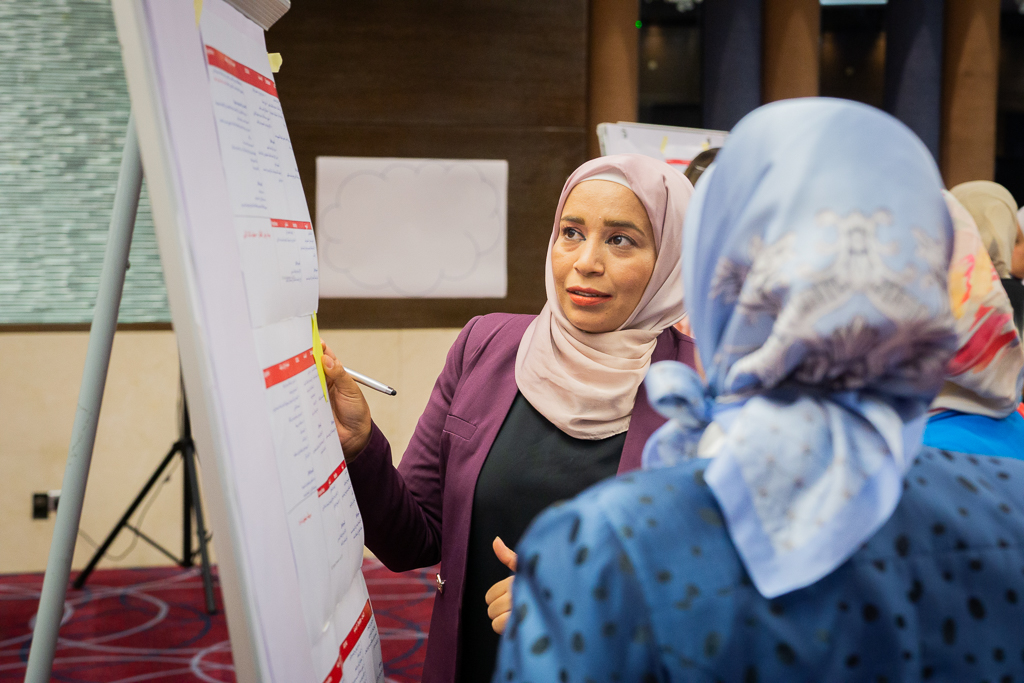
The framework establishes the first institutionalized baseline of minimal operational standards for teachers, school administrators and counselors to support students’ psychosocial needs and social and emotional learning skills.
This effort underscores the critical importance of SEL in fostering holistic student development and sets a compelling example of how coordinated, data-driven approaches can lead to sustainable educational reforms.
A research-driven approach
To address divergent definitions and approaches to SEL in various organizations, the journey began with an extensive mapping exercise that captured the perspectives of educators, counselors, students and parents through 90 focus groups and individual interviews across the three regions of Jordan. Interviewers gained a better understanding of how each group defined SEL and its role in education.
This qualitative research approach ensured that the framework was grounded in the actual experiences and needs of the Jordanian education community and reflected diverse perspectives.
During 15 months of rigorous mapping and framework development, several key lessons emerged:
- Creating safe school environments is fundamental for effective SEL in Jordan, particularly in addressing bullying and supporting marginalized students, including refugees and those with disabilities.
- Teachers play a pivotal role in modeling desired behaviors, while counselors are essential in implementing SEL programs.
- Self-reliance, responsibility, self-control and self-management were consistently highlighted as crucial skills across all participating groups.
Building local ownership through transparency and collaboration
Throughout this process, JTAP maintained consistent communication with all Ministry partners, updating them on the design and methodology while exploring diverse SEL definitions from international bodies like the International Network of Emergency Education (INEE). Local communities also played a significant role in collecting the data. The culmination of this research was shared transparently in the validation workshop, ensuring all stakeholders were part of the conversation.
By consistently involving local partners, as well as sharing the design, methodology and evolving results, JTAP ensured all partners were informed and engaged. This participatory approach legitimized the process and facilitated consensus-building among different parties.
A final workshop in July 2024 marked a significant milestone, bringing together various task forces formed from different departments across the Ministry and experts from partner organizations to propose implementation plans for integrating the SEL framework into eight areas: policies, curriculum, monitoring and evaluation, early childhood development, diversity and inclusion, community engagement, professional development and online training and learning platforms. These groups presented their recommendations, underscoring the importance of institutionalizing SEL within the school day and all aspects of teaching and learning, led by the Ministry of Education.
The validation workshop, where results and reports were shared openly, exemplified this commitment to transparency, allowing stakeholders to provide feedback and feel a sense of ownership over the final framework.
In essence, mapping and transparency were not just procedural elements but foundational principles underpinning the entire framework development process. They ensured that the SEL framework was deeply rooted in the real needs and experiences of the Jordanian education community and that it had the broad-based support necessary for successful implementation. This meticulous and open approach set a strong precedent for how educational initiatives can be developed in a collaborative, inclusive and context-sensitive manner.
Institutionalizing SEL is not just about enhancing academic performance; it’s about nurturing well-rounded individuals capable of navigating life’s challenges with resilience and empathy. As Jordan moves forward with its national SEL framework, it sets a precedent for other nations to follow, highlighting the transformative power of SEL in creating supportive, inclusive, and effective educational environments.
